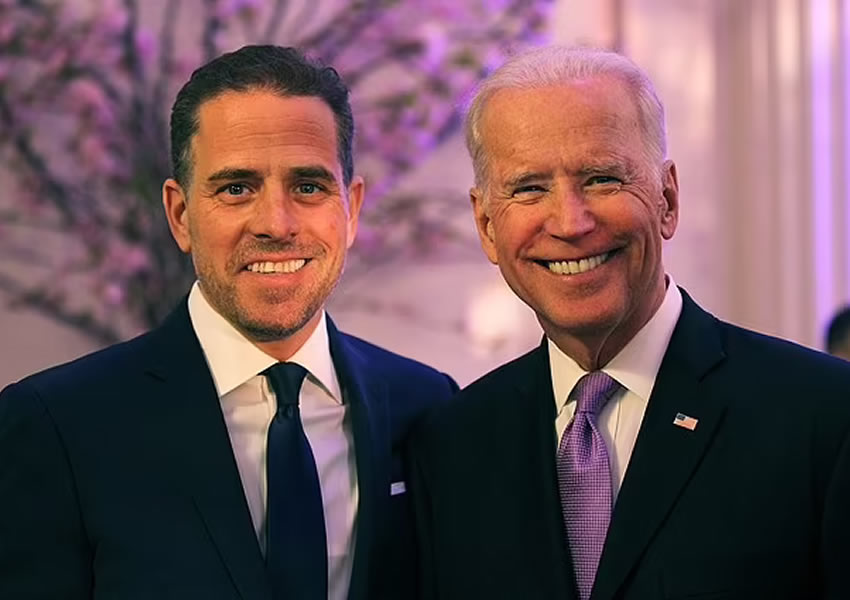With much of the country under the grip of the third wave of COVID-19, some small businesses are begging for help to survive through crowdfunding.
COVID-19 restrictions over the past year have meant businesses unable to sell their usual products and services are now trying to raise money through online donation campaigns, according to experts.
“What it indicates is a level of desperation by these businesses,” said Daniel Tsai, who teaches business and law at the University of Toronto.
“If the government has failed you, and if banks have failed you, this is the option that you have.”
Crowdfunding involves raising money, often in small amounts but from a large number of people through an online platform. While platforms such as GoFundMe were in regular use before the pandemic, the past year has seen crowdfunding used to raise money for PPE, food banks, mental health or social causes.
Cost of Living9:34How businesses are trying to survive the pandemic through crowdfunding
All they need is a little help from their friends. With mounting debts and yet another lockdown in parts of Canada, restaurants and bars have turned to crowdfund as a way to survive until they can fully reopen. CBC business producer James Dunne finds out more about how some are begging just to stay in business. 9:34
GoFundMe, which calls itself the world’s largest crowdfunding platform, told CBC Radio’s The Cost of Living that 2000 campaigns have been launched to support Canadian businesses impacted by COVID-19 from March 2020 to March 2021. That’s roughly five businesses a day.
The company also said that number could be even higher because some campaigns are listed in other categories including “other” or “emergency.”
Federal programs aren’t enough for some
While these programs have cost billions of dollars, many businesses are turning to GoFundMe to fill financial gaps. The majority are restaurants, music venues and theatres, gyms and salons, according to the crowdfunding platform.
“There’s a ton of long-term systemic problems that a lot of these businesses are continuing to face,” said Caitlin Stanley, a manager with GoFundMe.
After a spike in GoFundMe campaigns at the start of the pandemic, the number of businesses looking for help surged again in fall 2020 and the new year.
“The need is still very real,” said Stanley.
The small bar makes a big ask for donations
Power Up Bar is a sleek white lounge located in a basement just steps away from Yonge Street, in downtown Toronto. The bar features a dozen video game stations, most built into plush blue booths.
It recently started a campaign on GoFundMe looking for $100,000 to keep it from “powering down” forever.

“So when it comes to, I guess, game over for Power Up, we’re getting closer and closer,” said owner Chris Venutolo. He opened the bar about five years ago with a combination of a bank loan and personal savings after a decade of working as a software engineer.
With the bar closed for most of the past year and no patio for outdoor dining, Power Up has almost no revenue.
Power Up has only been able to make a small amount of money from take-out food service, and the only government support it’s been able to access is the $40,000 emergency business loan known as CEBA.
- The Cost of Living ❤s money — how it makes (or breaks) us.
Catch us Sundays on CBC Radio One at 12:00 p.m. (12:30 p.m. NT).
We also repeat the following Tuesday at 11:30 a.m. in most provinces.
Pereira de Geer has worked in hospitality for years and said if Power Up were to close, she would lose “the first place that I’ve ever felt has a real genuine sense of community.”
Small businesses in significant debt
70 per cent of small business owners have taken on debt due to COVID-19, according to the Canadian Federation of Independent Business.
In February, a CFIB report pegged the average pandemic debt of small businesses at about $170,000 per business stating “small businesses in Canada now owe a collective $135 billion.”
Another estimate from the business lobby group suggested 181,000 businesses could close permanently due to the pandemic, on top of 58,000 businesses that already closed in 2020.
A year-long pandemic trend
Those 58,000 businesses the CFIB estimates closed in 2020 include entrepreneur Caleigh Rykiss’s gym BOLO.
She permanently closed the downtown Toronto facility, which also included a cafe and co-working space, in November.
The former boxer fought the economic consequences of the pandemic for as long as she could, but had to move her offerings to online-only.

In March 2020, Rykiss launched a crowdfunding marketing campaign to raise $30,000 to help with one payment on her nearly $50,000 monthly rent.
She only raised $9,255, and while grateful for every cent donated, Rykiss also said raising money on GoFundMe was hard to stomach.
“I felt really icky about that whole situation,” said Rykiss.
“There’s a sense of loss of pride, there’s a sense of ego that is kind of hard to wrap your head around.”
After forcing businesses to close to protect public health, Rykiss said the government should have stepped in sooner with financial aid.
“The responsibility of keeping small businesses alive should not have and should not be in the hands of the community.”
A Toronto company is getting attention for its futuristic helmet designed for COVID-19 protection. VYZR Technologies went from prototype to production in about 4 months through crowdfunding — and now has sales in the tens of thousands. Talia Ricci spoke to CEO Yezin Al-Qaysi about his journey. 2:15
Focus on emotion to win at crowdfunding
According to Daniel Tsai, the secret to success in a crowdfunding campaign is keying in on feelings.
Without any actual money going back to donors, the return on investment is emotional, said the University of Toronto instructor.
“Crowdfunding is really motivated by sentiment, getting into people’s emotions and having them really feel there’s a compelling reason to want to support this.”

That emotional connection can be seen in campaigns such as the one for Sweaty Betty’s, a bar near Toronto’s Trinity-Bellwoods neighbourhood.
Sweaty Betty’s raised $40,000 from nearly 800 donors, many of whom posted memories of their dates at the 17-year-old spot, described as having a “cool dive bar esthetic.”
Businesses need to be strategic in how much they ask for, said Tsai.
“I would suggest that you go for a number that’s reasonable and err more on the lower side. It’s always good to go beyond expectations and that signals to the market that you’re successful people love you.”
Money not the only benefit
As of mid-April, Power Up’s campaign had raised just under $15,000 of its $100,000 goal.
Venutolo and Pereira de Geer are planning to approach some of their wealthier customers from the city’s business and sports community for support.
Seeing the people that donated to us … that mentally really, really helped.– Chris Venutolo, owner Power Up Bar
“I hope that we’ve shown them a good enough time and they’ve become good enough friends with us that maybe one or two will help,” said Venutolo.
While crowdfunding “is a bit of a pill to swallow,” Venutolo, says it’s already made a difference for his mental health as a business owner.
“Seeing the people that donated to us, and how generous some of them were, that mentally really, really helped,” he said.
“It was nice getting out of that kind of dark space in your head.”





